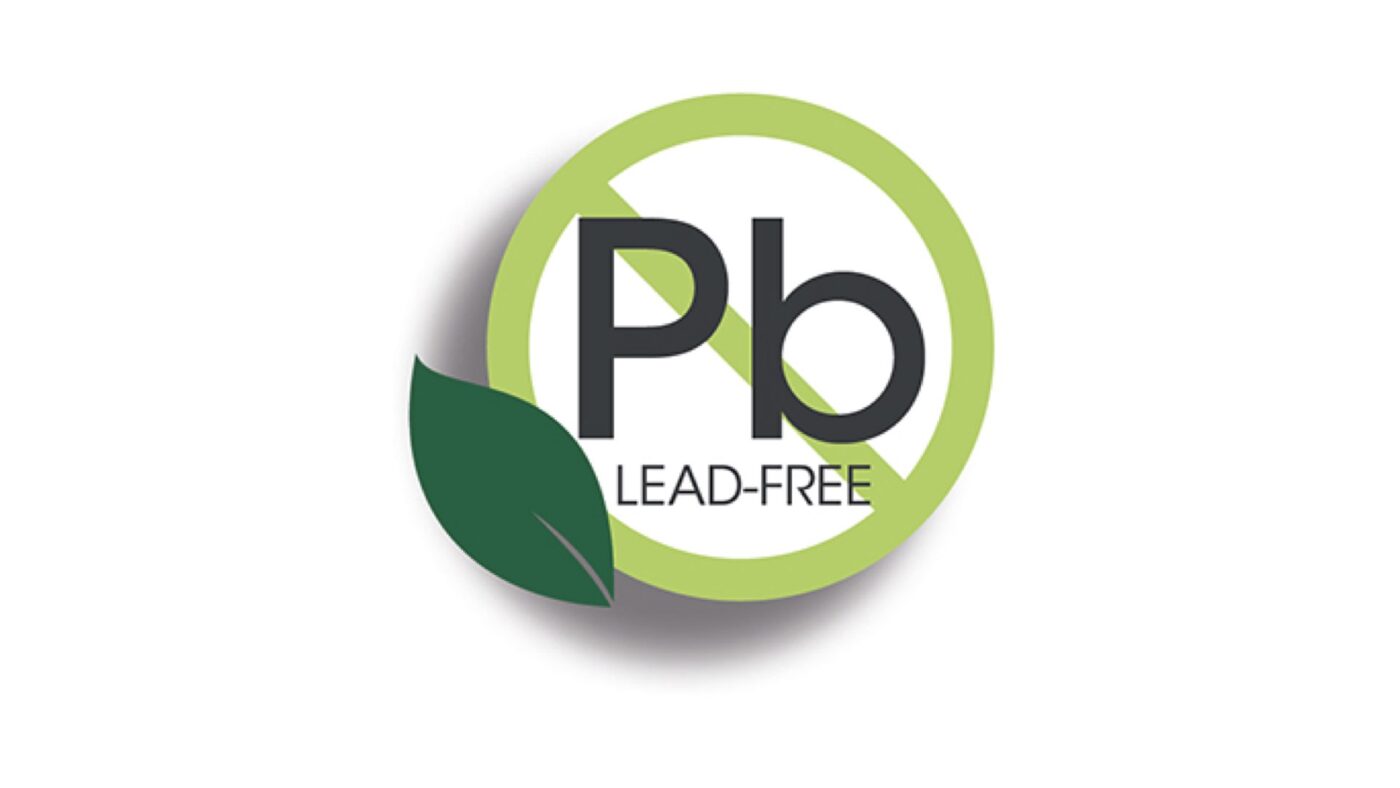Over the past few years, customers within the electronic assembly industry have shown an increased interest in lead-free soldering alternatives for the conventional 63Sn/37Pb eutectic system. The intent of this blog is to present a brief introduction to the lead-free soldering process, examine some of the technical issues involved and provide an overview of the lead-free soldering products offered by Alpha.
THE NO-LEAD DEBATE
Despite an estimated 1% of lead usage (globally) in the electronics manufacture process, international pressure to exclude lead bearing products include an EU (European
Union) Directive on Waste from Electrical and Electronic Equipment (WEEE), an EU Council Directive on End-of-Life Vehicles, and a move to ban the import of lead bearing goods into the EU. Additionally, a number of major Japanese assemblers have qualified lead-free processes in preparation for the introduction of the Home Electronics Recycle Law, (scheduled to go into effect in 2001) which mandates that all lead bearing solders be eliminated. This coupled with a proposal to phase out lead by 2004 in the EU, has forced materials suppliers to develop alternative products. Action in the United States has been primarily locally initiated.
THE ALTERNATIVES TO LEAD SOLDER
There is no overall drop-in replacement for SnPb soldering materials, although other alloys such as tin/bismuth and tin/silver/copper are possible alternatives. Lead-free alloys are now readily available and provide satisfactory results when used as intended. However, these alloys pose certain challenges.
SOLDERING TEMPERATURES
Lead-free high tin alloys require higher processing temperatures both in wave (approx. +10°C) and reflow (-420-25°C), which could damage components, plastic packages, cause board warping and problems to the solderable finish. Traditional SnPb HASL finish boards can be replaced by suitable alternatives including SnAgCu HASL, NiAu immersion, tin or silver coating (Alpha Level) and organic solderability preservatives. Equipment concerns such as working for extended periods at higher temperatures should also be considered.
FLUXING
Fluxing during lead-free soldering means selecting a product capable of remaining effective through elevated temperatures.
SPC
Assemblers with lead-free processes may need more assurance that the boards have not been subjected to excessive peak temperatures which may affect board and component integrity. Temperature control becomes of paramount importance, with thermal profiles far more specific than was necessary for 63Sn/37Pb. In wavesoldering, checking the pot for dissolution of copper is vital. Lead-free alloys with a smaller than 0.7% copper content are vulnerable to board copper leaching which may affect reliability and quality.
Alpha has the expertise to recommend & supply lead free solders & compatible fluxes(for wave soldering), no clean lead-free solder pastes & cored wires as a polymer solder & a range of thermoplastic adhesives for electronics assembly.

